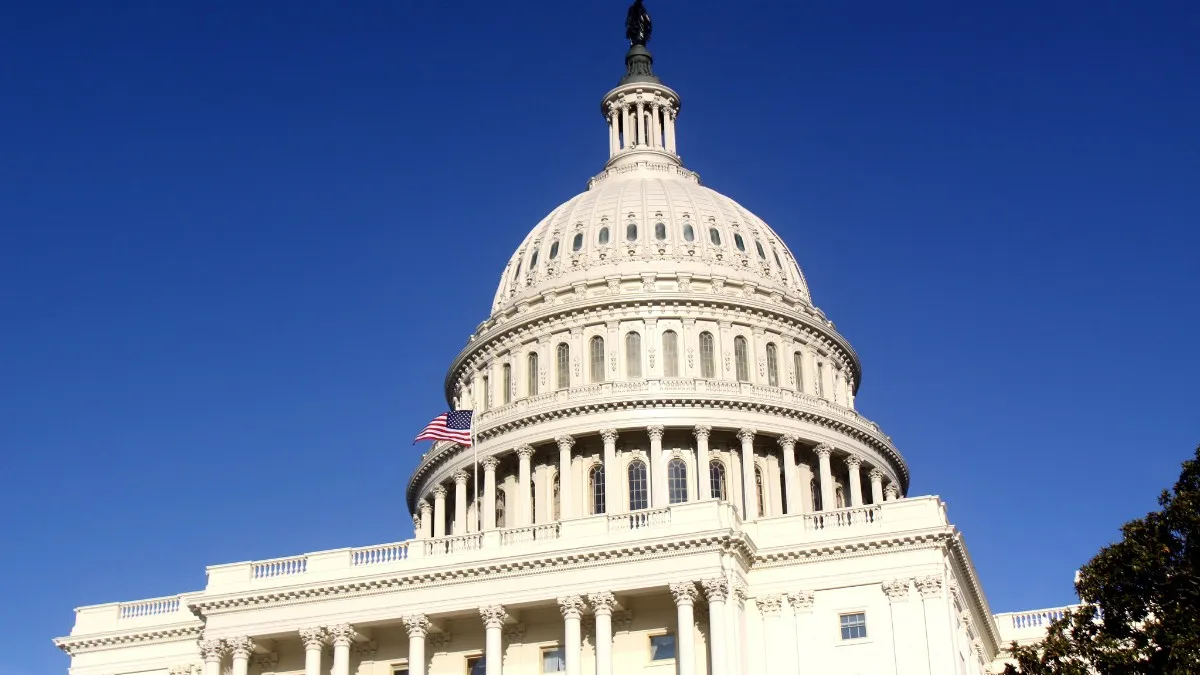Dive Brief:
-
House Democrats’ proposed $3 trillion coronavirus federal aid package, the latest plan designed to stimulate the economy, includes benefits for construction firms and workers, but fails to address some of the biggest challenges facing the industry during the pandemic, Associated General Contractors of America (AGC) CEO Stephen E. Sandherr said in a statement.
-
The bill, Sandherr said, fails to provide “safe harbor” language that would protect workers and firms from litigation during the pandemic on what violates the stimulus requirements, and the repealing of a net operating loss carryback would negatively affect firms that have lost more than $250,000.
-
The House could hold a vote on the bill, which follows the $2 trillion CARES Act passed in March, as soon as May 15. On Wednesday, President Donald Trump vowed to veto the bill if it's approved by the Senate and makes it to the White House. The Republican-controlled Senate, however, is not likely to pass it, political analysts say.
Dive Insight:
“We appreciate that this measure advances a much-needed debate about the best way to re-start the economy,” Sandherr said, praising several aspects of the measure.
Among other construction-related items, the bill provides $15.75 billion for transit projects, as well as $15 billion for highway spending and increases the federal share for highway projects to 100%. The bill also introduces new requirements for cleaning and mask-wearing practices for Amtrak, other transit authorities and airlines.
Declining gas tax revenue brought on by government lockdown measures has “hammered” the construction of major roadways, Sandherr said, adding that the federal government taking 100% of the burden could alleviate that until state DOT funds rebound.
Other aspects of the bill that would favorably affect the construction industry include:
- An expansion of the employee retention tax credit that would benefit contractors that have worked to retain employees.
- The authorization of composite retirement plans, which hold “great potential” to address the challenges facing multiemployer retirement plans in which many construction firms participate.
- Measures to help construction firms working on federal projects cope with schedule delays and other impacts related to the coronavirus.
- Other pension relief.
However, for small businesses in particular, Sandherr said, the expansion of the unemployment supplement through Jan. 31, 2021, will make it challenging to rehire workers when demand for work rebounds.













